Goddess of Death
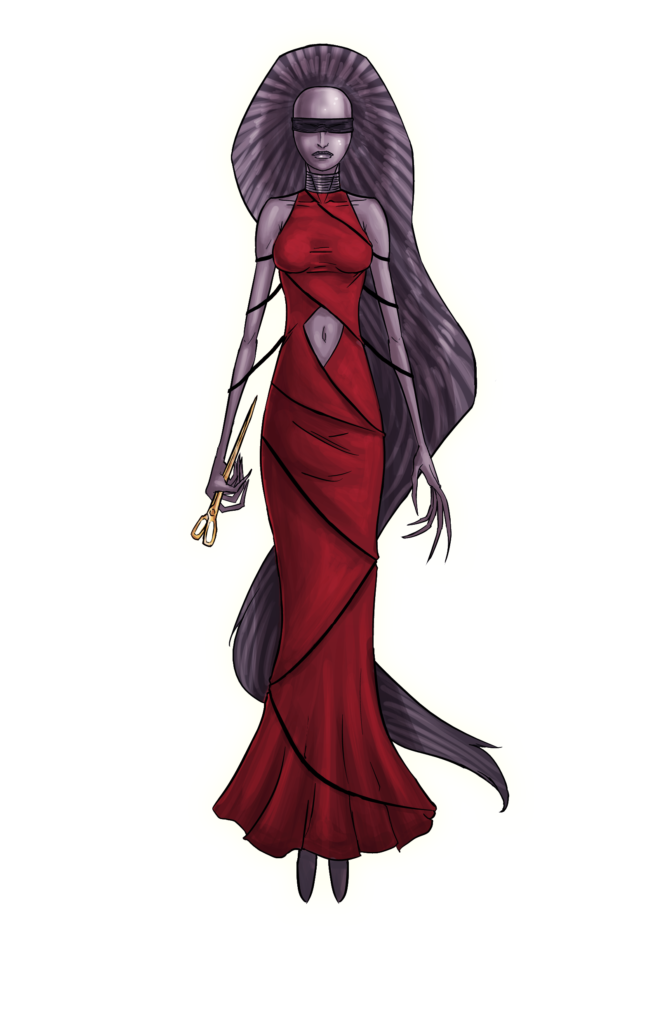 The Birth of Vichma:
The Birth of Vichma:
Vichma, unlike the other younger Gods or indeed the Gods in general does not have a moment of birth or even a saga of her birth. She simply wasn’t, and then she was. Tales whisper that she always was, hiding in the darker corners of the Astral Plane since time began. It is said that the first sound to ring out across the universe was Vichma running her whetstone across her shears, waiting for the moment they would be sharp enough.
Appearance:
Whilst most of the other Gods have their appearance altered in some way or another, Vichma stands firm. When she appears to mortals in their final moments, a womanly figure clad in a flowing red dress will appear. One hand outstretched, the other wielding a golden pair of scissors. What provides the least comfort however is the face of Vichma. A smooth, featureless orb with only the vaguest impressions of a face and a black strip of cloth where her eyes might be. This is of course mostly hearsay and fragments of information as Vichma very rarely appears to anyone except the dying.
Temperament:
The Lady of Death is not cruel; she takes no delight in severing mortal threads. Nor does she desire for some kind of all-encompassing death. No, instead the Lady is patient, careful. She knows that, eventually, all threads are cut. Contrary to popular belief in fact, Vichma has no official objection to necromancy or resurrection; all lives end some day and Vichma is perfectly willing to wait. In the very rare instances where Vichma appears to those who are not dying, she is cool and detached, if understanding. She is willing to offer guidance and aid if the need is great, but will never linger. Her work is never done.
Worship:
Worship of Vichma varies, perhaps more than any other God. Human villages and cities are perhaps the most reverent, building large temples to Vichma and regarding her as a kind of benevolent guide into the next stage of existence. Death is of course a time for sadness, but with such short lifespans, Vichma is hardly blamed. Her priests are responsible for the care of the dead and the maintenance of any resting places. They are perhaps not welcomed to the dinner table with enthusiasm, but are respected well enough.
In Elven society however her reception is a little different. Many elves see death as the unfortunate and unwelcome end to something that is otherwise fantastic, life. Shrines to Vichma, if they exist at all are very small and priests to her are almost unheard of. The rare few that do exist are essentially ostracized from society, only called upon in times of need, and even then somewhat unwillingly. A small handful of Elves however hear the call of her service and surrender all lands and family to take up the call. Unlike humans, Vichma is blamed and cursed for her deeds, not prayed to for guidance. Many Elves in fact believe that Vichma is not a true God, but in fact a blight upon the universe. A belief that is never voiced too loudly.
In the north where the Dwarves reside, Vichma is treated to a respectful, if slightly fearful, distance. Vichma is worshipped quietly and, with the exception of saying farewell to a loved one, in the privacy of one’s own home. She is seen as a kind of necessary, if somewhat unwelcome, part of life and while donning her cloth may not be seen as the most glamorous of occupations, it is still respected. Her priests are expected to keep their distance from the main run of Dwarven society, though they never face the outright glares that an Elven priest might. A Dwarf may occasionally offer a quick prayer to Vichma, but really only in the hopes that she may stay her blades.
Gnomes consider Vichma in a similar way to the elves. They see her secateurs as a highly unwelcome presence in their life, and the life of the natural world. That said, while they may wish she weren’t around, they don’t treat her with the open hostility of the Elves. Gnomes see death as a mournful time, and a required part of the natural world, they just wish it wasn’t. They may offer prayers to Vichma in times of grief, but that is the extent of most Gnomish worship. The idea of a Gnomish priest of Vichma is considered something of a bad joke.
Halflings have perhaps the most cavalier relationship with the Blind Lady. They see death as just another risk that comes from a life of travel, and so give Vichma almost no mind or attention. A Halfling caravan or barge may have a few charms hanging from it to invoke blessing or wardings, but nothing above that. Halflings don’t blame Vichma, or fear her, nor do they even hate her. They regard her as simply being. When a Halfling dies, it is of course a sad time, but while Halfling’s may be aware of Vichma’s role, they don’t particularly acknowledge it.
Orcs have an interesting relationship with Vichma, regarding her as the second greatest warrior (only to Kurzal himself), based solely on the number of orcs she must have killed. Orcs do not offer worship to Vichma so much as offer outright challenges to the Goddess, believing that if they do so it will not only keep their comrades safe, but bring them glory should they fall. Orcs believe that offering a challenge to Vichma and then falling in battle is simply a sign that one’s prowess is so great that one simply had to be killed. Orcish priests to Vichma do not exist as the idea of an orc dying of old age is the opening to far too many Elven jokes.
Art by MenasLG!
Follow him on Twitter!

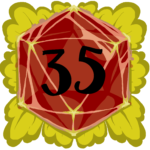

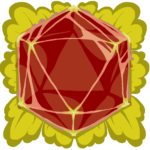
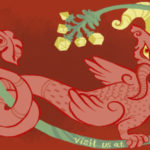

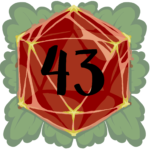


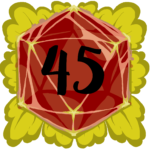
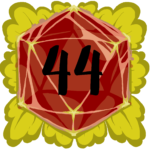

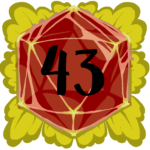
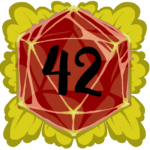
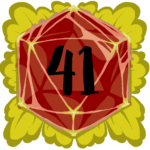
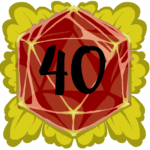
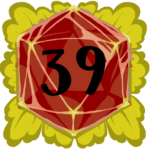
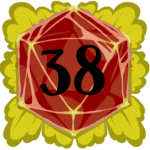

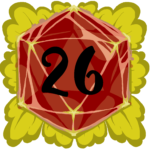

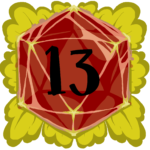

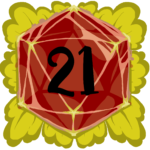
Leave a Reply